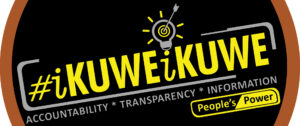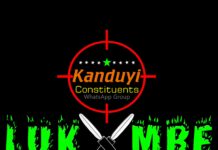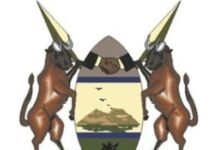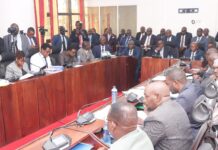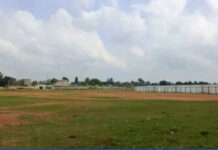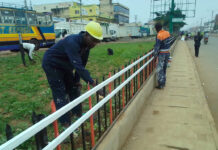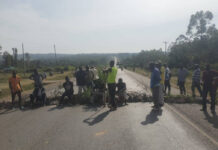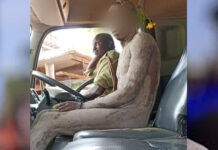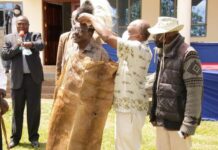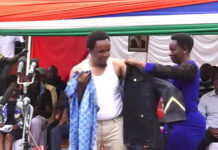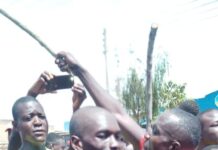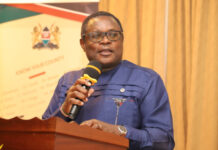I have noted over the years a progressive disintegration/deconstruction of the Bukusu intellectual/professional, of what Marx referred to as the “alienation of man from himself.” This alienation expresses itself not only in the crippling and distorting effect of his/her separation from his/her roots but also in his/her introversion and hands-off in the radical polarisation of society into several exclusive but unrelenting camps.
Download: BUNGOMA – Job advert 7-4-2021 – Health – Governors – Finance
A Bukusu professional will usually and endlessly lament how politics is bad and politicians are messing up “things” but will never see himself as responsible for allowing “bad politics” and “bad politicians” to mess up “things.” S/he does not see her/himself being the voice of the voiceless and servant of the poor and the powerless.
The Bukusu professional is walking through a thick political fog that is obscuring his/her focus on the genuine challenges confronting society. This aimless walk in a foggy political arena has created false imageries and communal schisms that are as destructive as those resulting from external forces.
Bukusu professionals seem to have some things in common: they do not want to be reduced to the commoner, they do not want to dirty their hands, they are too busy with other “important things” to be bothered about “local (village) things,” it is not their responsibility to right the wrongs in their community, etc. They have a perfect cover: they do not want to be involved in “politics” or to step on the toes of politicians. A Bukusu professional has allowed her/himself to be overpowered by irrationally propelled and obscure forces which s/he feels s/he is incapable of confronting, let alone of influencing.
Driven by this interest, Bukusu professionals tend to hypostatise their own position, to exaggerate the difficulty of their work and the complexity of the skills required for it, to inflate the importance of the employment positions they hold, the material wealth they possess, their elitist status in society, advanced knowledge gained through formal education and reflected in their academic degrees, etc.
And in seeking to protect their position, they pitch themselves against imaginary impossibilities, identify themselves with the politicians who are in the system, and side with the political order which has given rise to their hapless status and which has created and protected a kleptocratic class. By keeping silent and being aloof, the Bukusu professional has inevitably become the faithful servant, the agent, the functionary, and the spokesman of the corrupt system.
Currently, the “natural” motto of a Bukusu professional is to mind his/her own business, and, if he is conscientious and ambitious, to take care of him/herself first and maybe others if he will benefit. The current Bukusu professional, through his/her attitude and commitment, may be spearheading and steering the community to extinction. The Bukusu professional is also not willing to address him/herself to the meaning of his/her culture and its significance. In other words, s/he is not concerned with the relevant of culture in her/his life—as s/he barely speaks Lubukusu fluently, badly practices Bukusu traditions, etc.
The Bukusu professional seem to be content with the current state of things, and hence his reluctance to devote an aota of energy and time to identifying the sources of the problems bedeviling the community, challenging the leadership to lead in the right direction, and refusing to find ways and means of solving them.
The Bukusu professional is at a crossroad: Does s/he want to be recorded in history as belonging to the generation of whinners, fence-sitters, professional blame-game players who did nothing when it had the opportunity to transform their community or as a generation that rescued the Bukusu community from vanishing into historical oblivion?
~ Special Correspondent ~
